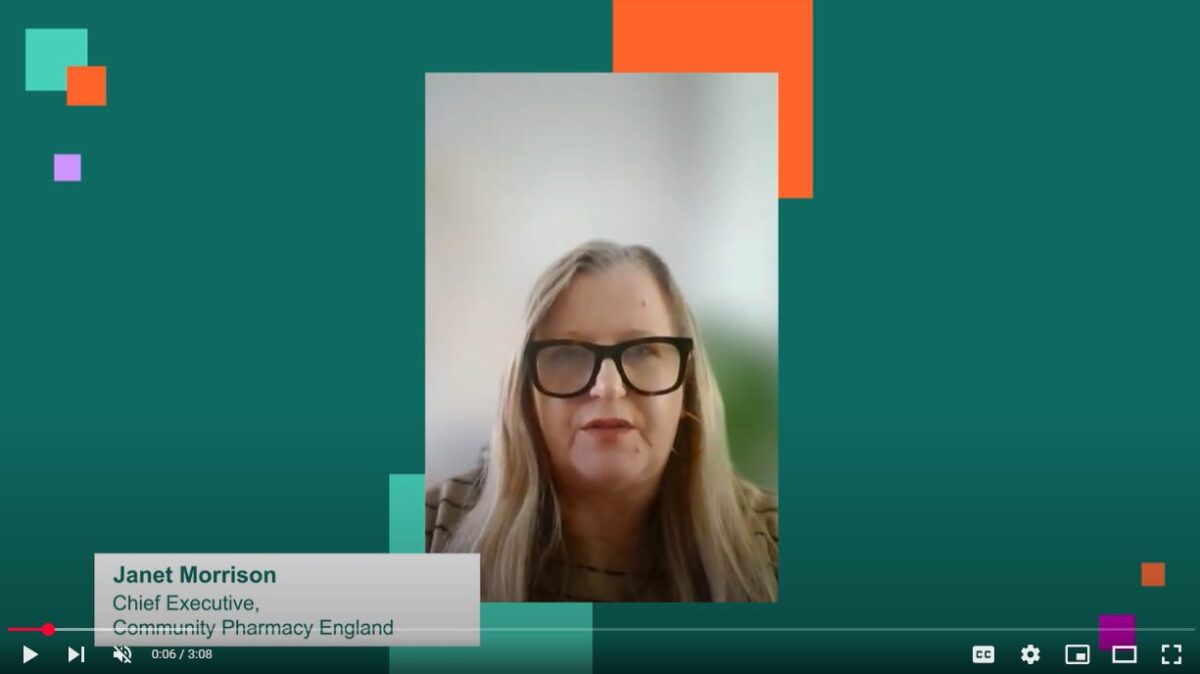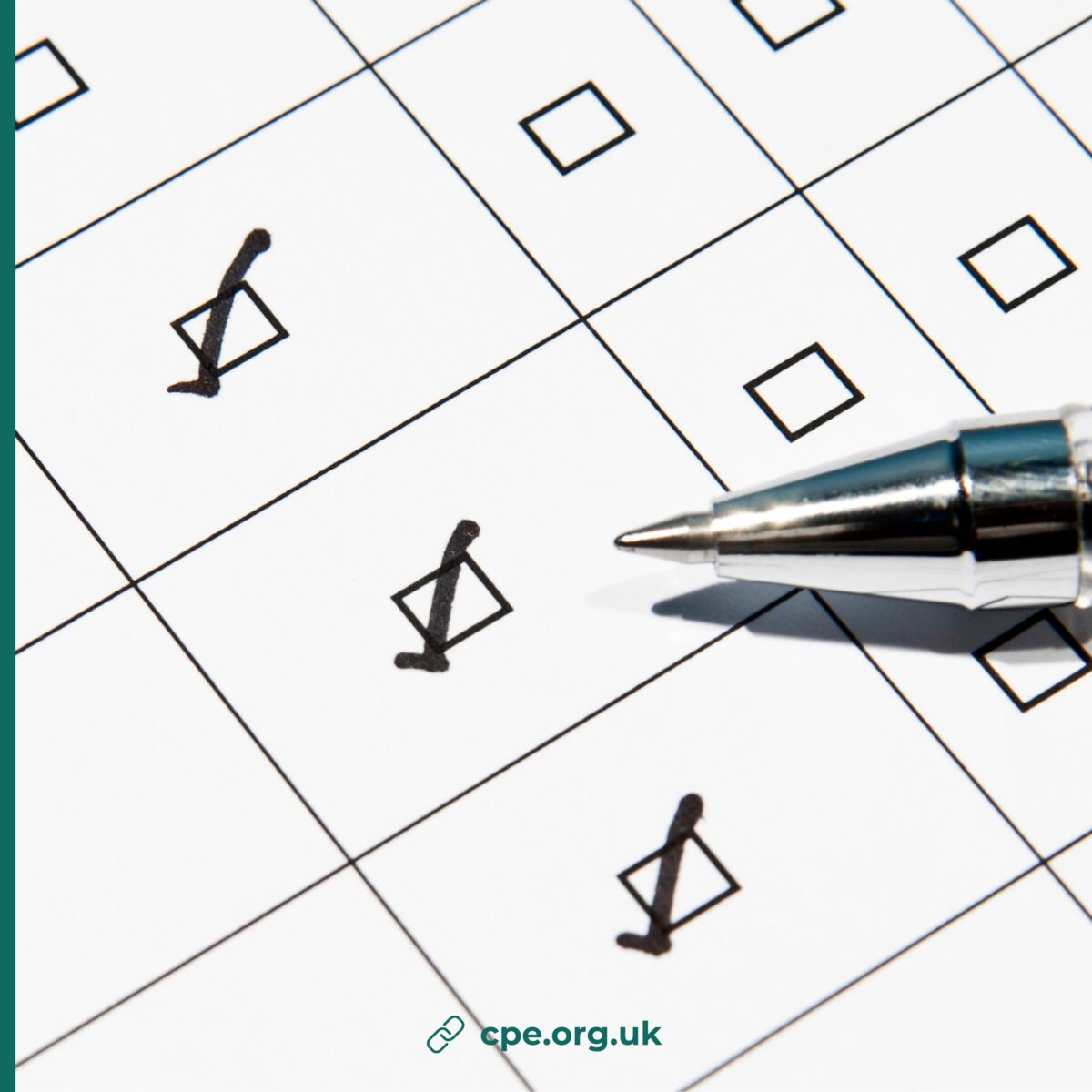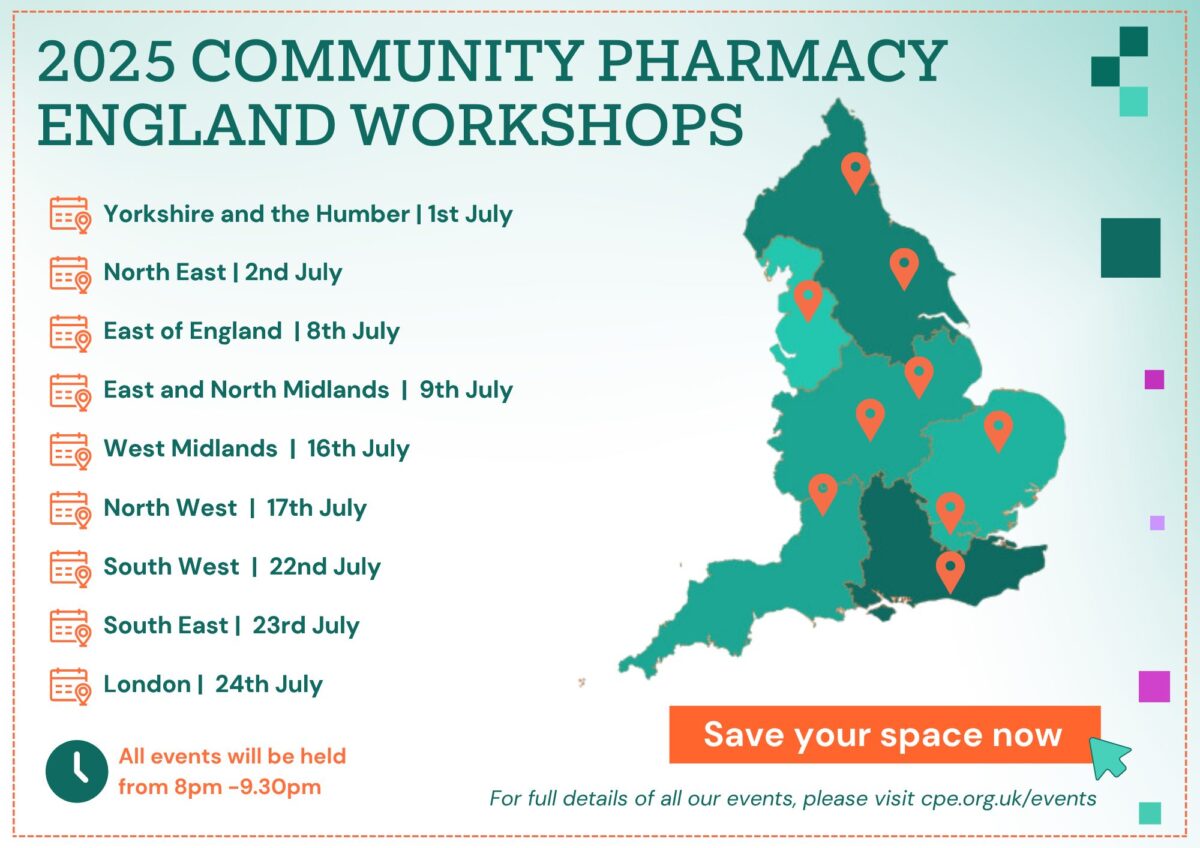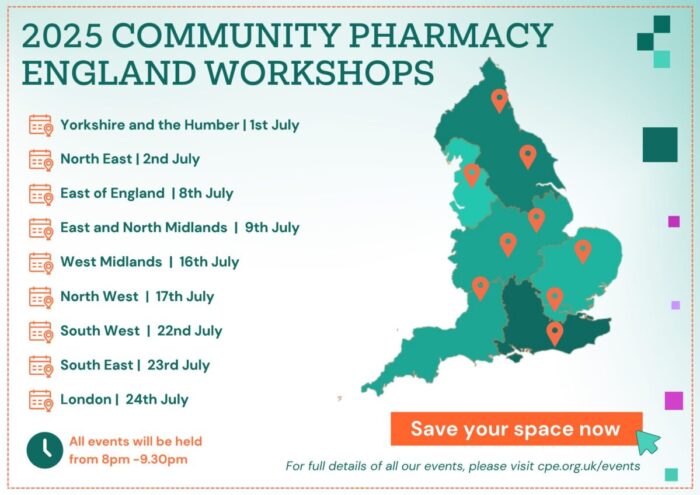Meet Shilpa Shah
Shilpa is CEO of North East London Local Pharmaceutical Committee and a member of NHS England’s Inclusive Pharmacy Practice (IPP) Advisory Board. The following is a summary of an interview with Shilpa about her experiences and journey working in community pharmacy and the importance of encouraging diversity and inclusion within the sector.
What do you enjoy most about your current role?
I enjoy knowing that everything I am doing to support pharmacy contractors in North East London is adding value to people’s lives in our local communities. For me it’s about making a difference to the people who use our local services. I grew up in East London and know this area really well. I want to give back to the community that I grew up in. I’ve worked in community pharmacy for my whole career – I started my pre-registration training in Boots in 1999.
Why is it important to have diversity in senior pharmacy leadership?
It’s not just important in senior leadership, it’s important in all areas of life. When you have diversity in any room, your conversations are much richer and more inclusive. With pharmacy, a lot of people on the front-line are from different ethnic backgrounds. There are more women in pharmacy than men. It’s important that people in leadership positions represent the people on the ground doing the job and understand their values, background and cultural needs.
Visibility is important too; you want to see people like you in the roles you aspire to be in. When I was growing up in a British Indian family, if there was someone Indian on TV my Dad would shout out and we would run to the living room see who it was. When I first started my career in community pharmacy it felt the same, I’d look up if I saw a person of colour in a leadership role and think to myself, they’ve done it so perhaps I can too. Things are different now, but we still have a long way to go before things are truly equitable.
Organisations need to understand different people’s cultural beliefs. We need to recognise that two people in the office may have the same job and skills, but if they are from different cultural backgrounds, they may have different characteristics – for example, how assertive or confident they appear. How do we get the current leaders of today to understand the background, values and culture of other people so that they can create their own successors?
Who or what has supported or inspired you most in your career and helped you to achieve a leadership role?
I have had some brilliant line managers in the past, who have really been advocates for women in leadership. These have included male leaders who have supported my leadership journey, by giving me helpful feedback and highlighting my achievements.
What advice would you give to pharmacy professionals who would like to be in a leadership role?
Find yourself a strong mentor who you admire from a leadership point of view. They don’t necessarily need to be a friend. Also, try not to say no to professional opportunities that come up. Don’t assume before you try that you won’t be good enough or that you can’t do it. Don’t be afraid to apply for new roles. Women tend to want to tick off all requirements in a job description before they even apply, whereas men tend to apply anyway regardless. Be confident, be bold and be brave.
What work are organisations successfully doing to improve diversity in senior leadership?
The IPP Advisory Board is really trying to improve diversity in leadership. The new Chief Pharmaceutical Officer’s Pharmacy Leaders Development Programme, delivered with CPPE, is a great initiative. Health Education England’s funded places for independent prescribing will support increasing diversity. There is a lot more that organisations can do to improve diversity but many are starting that journey which is a positive step in the right direction.
Is there anything you would like to add?
Be the leader you want to be. You don’t have to be aggressive or forceful. It’s about building trust and good working relationships, and ensuring you do what you say you are going to do. You can get results in a way that is just being you.
This article was also a contribution to the most recent Inclusive Pharmacy Practice Bulletin, published by NHS England.








